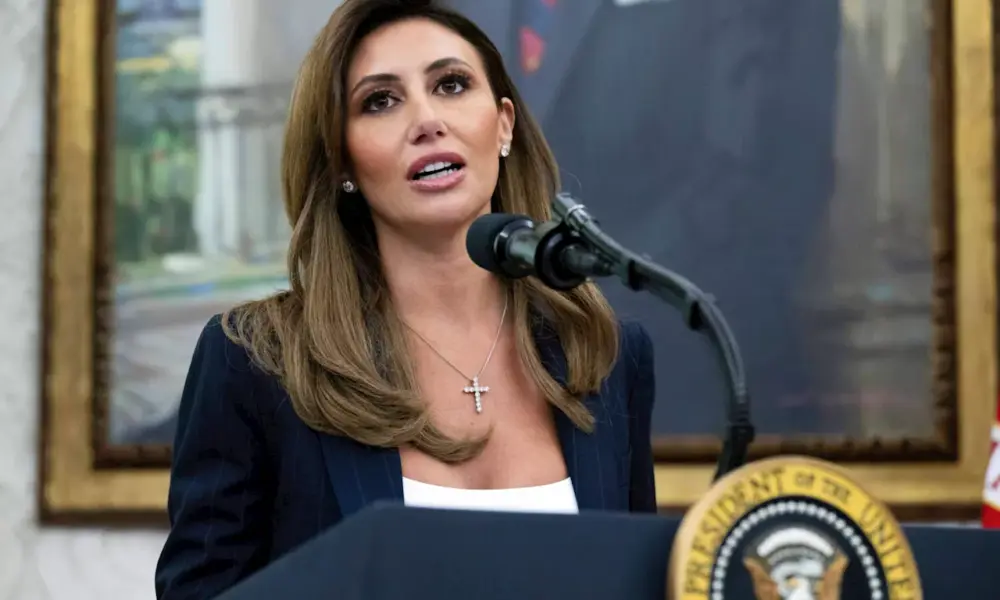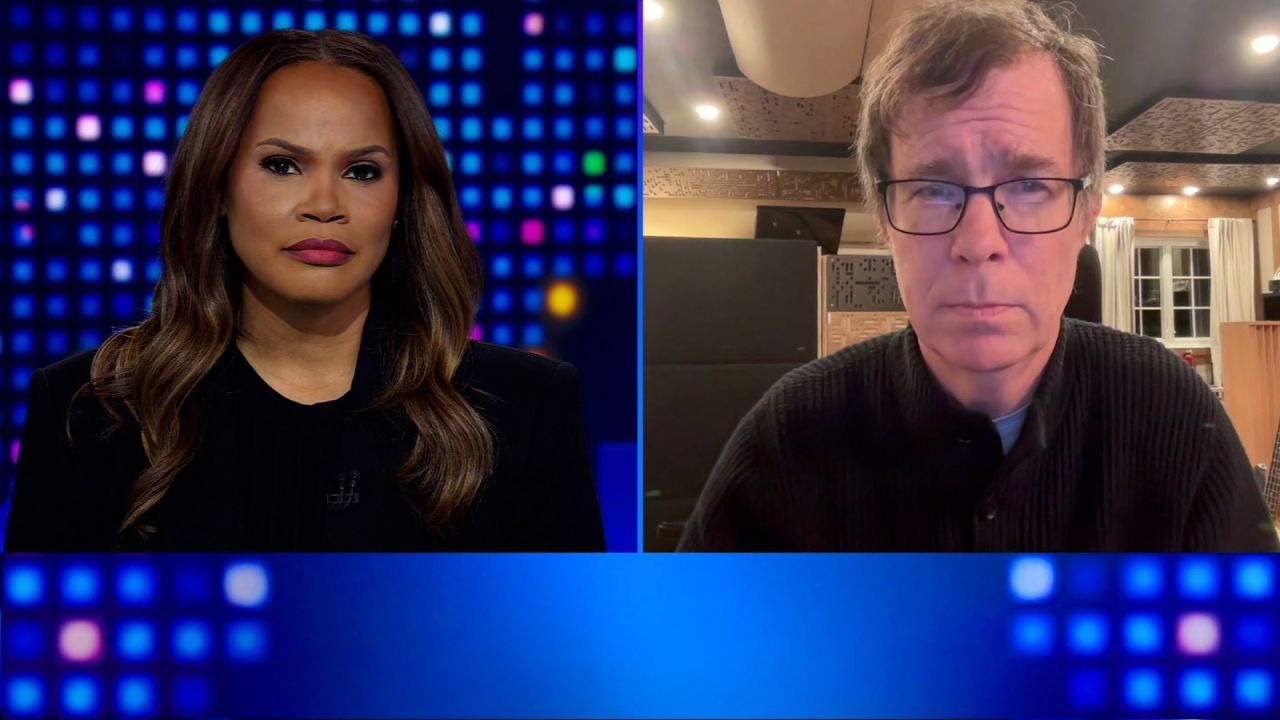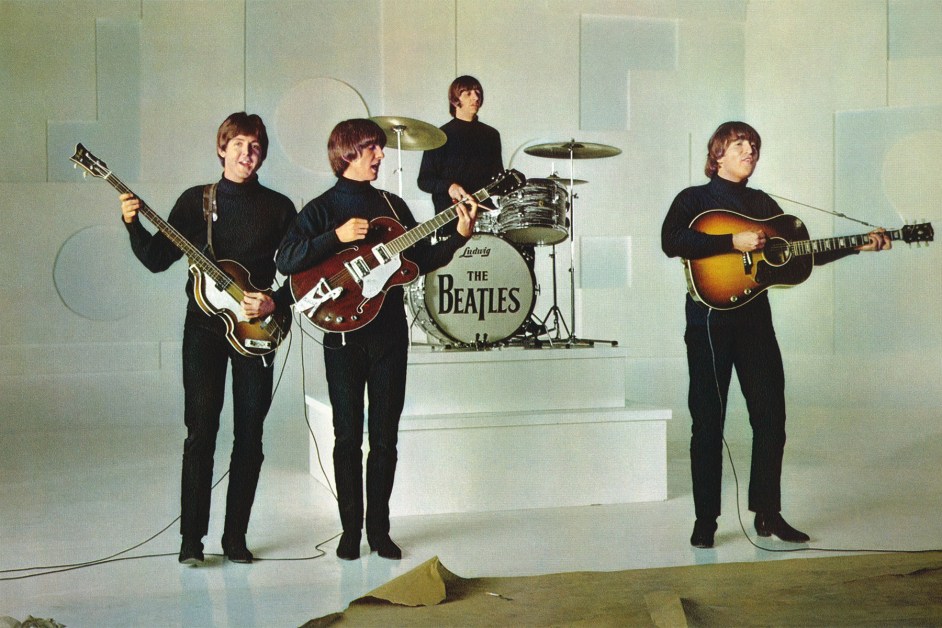Former President Donald Trump has launched a significant legal battle against The New York Times, filing a lawsuit that seeks a staggering $15 billion in damages. The suit, which alleges defamation, is part of a broader trend in which Trump has taken legal action against several major media organizations for perceived negative coverage.
This lawsuit follows a series of similar actions initiated by Trump, including cases against ABC News, CBS News, The Wall Street Journal, and others. The president has increasingly targeted news outlets, claiming they publish false information to damage his reputation. In a striking statement, he suggested that evening news programs are “not allowed” to criticize him, and threatened networks with the loss of their broadcast licenses if they do not adhere to his expectations.
The recent lawsuit against The New York Times was dismissed just days after it was filed. U.S. District Judge Steven Merryday rejected the case, describing Trump’s legal arguments as “essentially garbage.” Despite this setback, Trump’s legal team has been given the opportunity to refine their case, indicating that this litigation may continue for some time.
As the legal proceedings unfold, it is essential to consider the broader implications of Trump’s litigious approach toward the media. The frequency of these lawsuits raises questions about the relationship between a sitting president and the press. Historically, there has never been a U.S. president who has engaged in such aggressive legal actions against independent news organizations while in office.
Some analysts suggest that Trump’s penchant for litigation is influenced by past settlements. Notably, Trump secured a $16 million agreement from ABC News and a similar settlement from CBS News in previous lawsuits, despite both networks denying any wrongdoing. These outcomes seem to encourage him, creating a dynamic where he perceives little risk in pursuing further legal battles against the press.
The implications of this ongoing saga extend beyond Trump’s personal grievances. It reflects a concerning trend in American politics where the leader of the nation actively seeks to undermine the credibility of the media. For many, this litigation strategy is seen as an attack on the principles of a free press, essential to a functioning democracy.
Trump’s renewed lawsuit against The New York Times may be viewed as trivial by some, yet it underscores a significant confrontation between the former president and the media landscape. As the legal situation develops, it becomes increasingly clear that this issue is unlikely to fade away anytime soon. The ongoing dialogue around these lawsuits will likely shape public perceptions of both the press and political accountability in the years to come.







